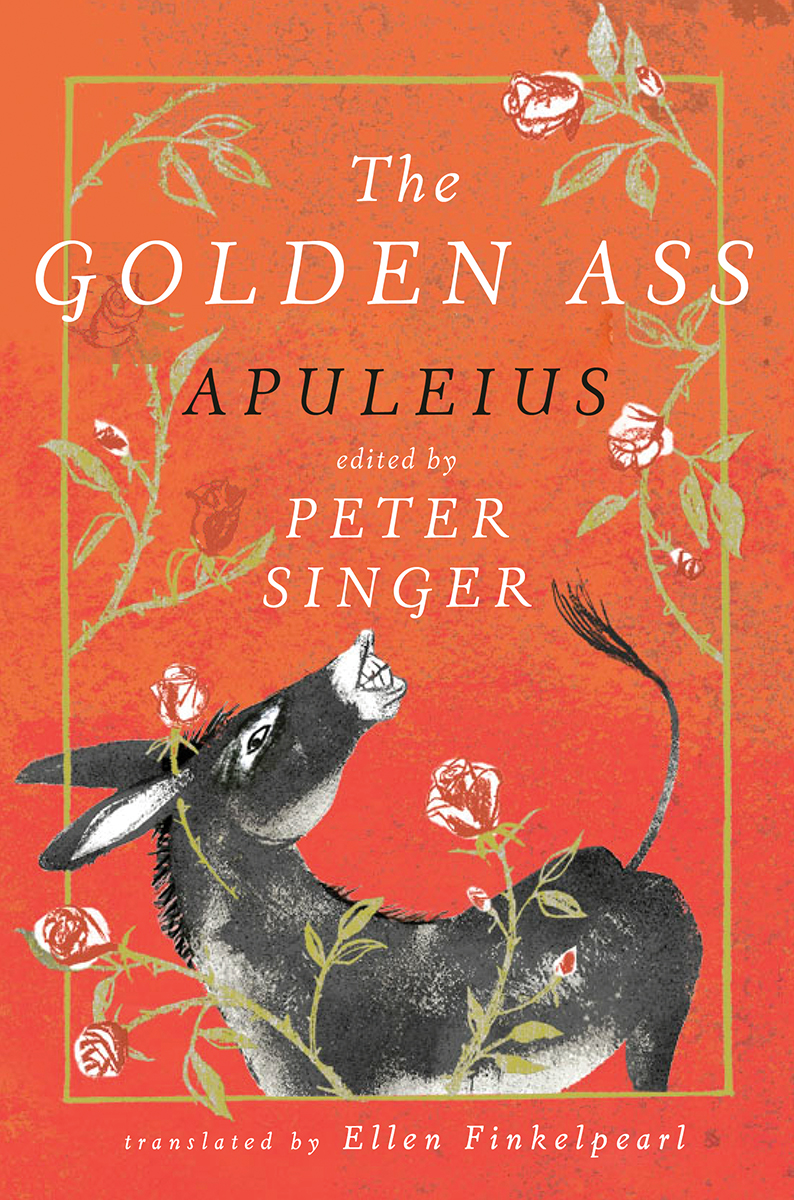What do you think?
Rate this book


240 pages, Hardcover
First published January 1, 159













'The only redeeming feature of this catastrophic transformation was that my natural endowment had grown too.'
'Then, leaving him there fatally crucified, he climbed to the roof of his hovel and shouted at the top of his voice to summon the neighbours; calling each one by name he gave out that his house had suddenly caught fire, reminding them that this involved the safety of them all. So everybody, frightened by the danger next door, came running in alarm to help.'

The Abduction of Psyche by William-Adolphe Bouguereau

